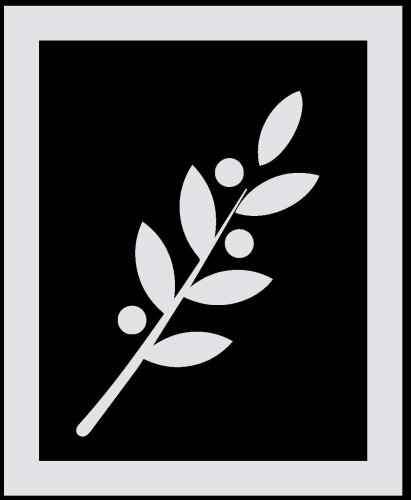Best Native People Lawyers in Botswana
Share your needs with us, get contacted by law firms.
Free. Takes 2 min.
Or refine your search by selecting a city:
List of the best lawyers in Botswana
About Native People Law in Botswana:
Native People in Botswana refer to the indigenous tribes that have inhabited the region for centuries. These tribes have their own unique customs, traditions, and ways of life that are protected under the law. The government of Botswana recognizes the rights of Native People and has implemented laws to ensure their preservation and protection.
Why You May Need a Lawyer:
There are several situations where you may require legal assistance in matters related to Native People in Botswana. This can include disputes over land rights, inheritance issues, cultural heritage protection, or discrimination cases. A lawyer with expertise in Native People law can provide guidance and representation to ensure your rights are upheld.
Local Laws Overview:
Botswana has several laws that specifically address the rights and concerns of Native People. These laws aim to protect their land, culture, and heritage. The Land Rights Act, Customary Law Act, and Cultural Heritage Act are some of the key legislations that govern Native People in Botswana.
Frequently Asked Questions:
1. Can Native People own land in Botswana?
Yes, Native People in Botswana have legal rights to own and inherit land according to customary laws.
2. What cultural practices are protected under the law?
Cultural practices such as traditional ceremonies, rituals, and language are protected under the Cultural Heritage Act.
3. How can I register a traditional marriage in Botswana?
You can register a traditional marriage through the customary courts or tribal authorities.
4. Can Native People access healthcare and education services in Botswana?
Yes, Native People have equal access to healthcare and education services provided by the government.
5. How are disputes resolved within Native communities?
Disputes within Native communities are often resolved through customary laws and traditional dispute resolution mechanisms.
6. Are there restrictions on the use of traditional medicine in Botswana?
Traditional medicine is regulated under the Traditional Medicine Act, which ensures safe and ethical practices.
7. Are there organizations that provide legal assistance to Native People in Botswana?
Yes, organizations such as the Botswana Council of Indigenous People offer legal assistance and advocacy for Native People.
8. Can Non-Native People marry into Native communities in Botswana?
Yes, intermarriage between Non-Native People and Native People is allowed under the law.
9. How are land disputes resolved between Native People and the government?
Land disputes are typically resolved through the Land Tribunal or customary courts, with a focus on traditional land ownership rights.
10. Are there laws against discrimination based on ethnicity or tribal affiliation in Botswana?
Yes, the Constitution of Botswana prohibits discrimination based on ethnicity, tribal affiliation, or race.
Additional Resources:
For further assistance and information on Native People in Botswana, you can contact the Ministry of Nationality, Immigration, and Gender Affairs or the Botswana Council of Indigenous People.
Next Steps:
If you require legal assistance or have any concerns related to Native People in Botswana, it is advisable to seek guidance from a legal expert specializing in Native People law. Contacting the Botswana Law Society or local legal aid organizations can help you find the right legal representation.
Lawzana helps you find the best lawyers and law firms in Botswana through a curated and pre-screened list of qualified legal professionals. Our platform offers rankings and detailed profiles of attorneys and law firms, allowing you to compare based on practice areas, including Native People, experience, and client feedback.
Each profile includes a description of the firm's areas of practice, client reviews, team members and partners, year of establishment, spoken languages, office locations, contact information, social media presence, and any published articles or resources. Most firms on our platform speak English and are experienced in both local and international legal matters.
Get a quote from top-rated law firms in Botswana — quickly, securely, and without unnecessary hassle.
Disclaimer:
The information provided on this page is for general informational purposes only and does not constitute legal advice. While we strive to ensure the accuracy and relevance of the content, legal information may change over time, and interpretations of the law can vary. You should always consult with a qualified legal professional for advice specific to your situation.
We disclaim all liability for actions taken or not taken based on the content of this page. If you believe any information is incorrect or outdated, please contact us, and we will review and update it where appropriate.
Browse native people law firms by city in Botswana
Refine your search by selecting a city.











